Introduction: A Journey Into the Eccentric World of DEVO
In the vibrant tapestry of musical history, few bands have left an indelible mark as distinctive as DEVO. Emerging from the fertile grounds of Akron, Ohio, in the early 1970s, DEVO catapulted themselves into the limelight with an avant-garde blend of sound, style, and social commentary that defied conventional norms.
DEVO's Origins: Akron's Sonic Pioneers
DEVO's roots lay in the deindustrialized landscape of Akron, a city undergoing profound transformations. Mark Mothersbaugh and Gerald Casale, the band's co-founders, envisioned DEVO as more than just a musical act. They sought to embody a philosophy that questioned societal norms, presenting a deconstructive lens through which to view the world.
The Red Energy Dome and Visual Identity: A Symbol of Deconstruction
One cannot discuss DEVO without mentioning their iconic red energy dome hats. Serving as a visual manifesto, these hats symbolized the band's commitment to breaking down established structures and embracing a new, uncharted sonic frontier. The energy dome became synonymous with DEVO's irreverent spirit, a beacon of their deconstructive approach to both music and image.
Musical Innovation: Deconstructing Soundscapes
DEVO's music is a complex sonic tapestry that weaves together elements of punk, rock, and electronic music. Hits like "Whip It" brought them mainstream success, but it's in the deeper cuts that their true experimental nature shines. Their use of unconventional instruments, electronic beats, and robotic vocals created a futuristic soundscape that resonated with a generation hungry for something different.
DEVO's Social Commentary: More Than Just Music
Beyond their music, DEVO distinguished themselves with thought-provoking social commentary. Their satirical take on consumer culture, conformity, and the dehumanizing effects of technology set them apart as cultural critics. DEVO's artistry extended beyond the stage, challenging listeners to question the status quo and envision a world unshackled from societal constraints.
Legacy and Influence: Shaping the Future of New Wave
DEVO's impact extends far beyond their heyday. Their deconstructive ethos laid the groundwork for the new wave movement, influencing countless artists across genres. Their thought-provoking blend of music, visuals, and social critique continues to resonate with a new generation of listeners, cementing their legacy as pioneers of sonic and cultural innovation.
Conclusion: DEVO's Unyielding Legacy
DEVO's journey is a testament to the power of artistic innovation and the enduring impact of those unafraid to challenge the norm. In their deconstructive brilliance, DEVO not only shaped the landscape of new wave music but also left an indelible mark on the cultural zeitgeist. As we continue to navigate the ever-evolving currents of music and societal evolution, DEVO's legacy remains a guiding light for those willing to question, deconstruct, and create anew.

